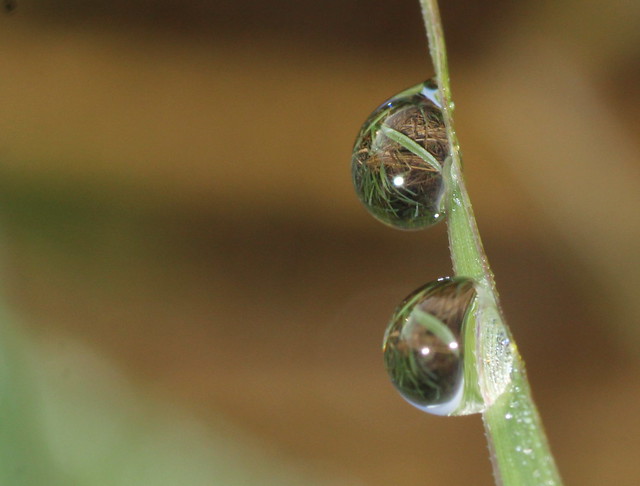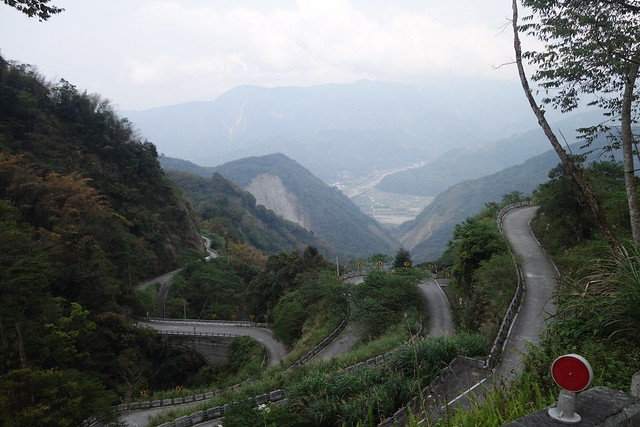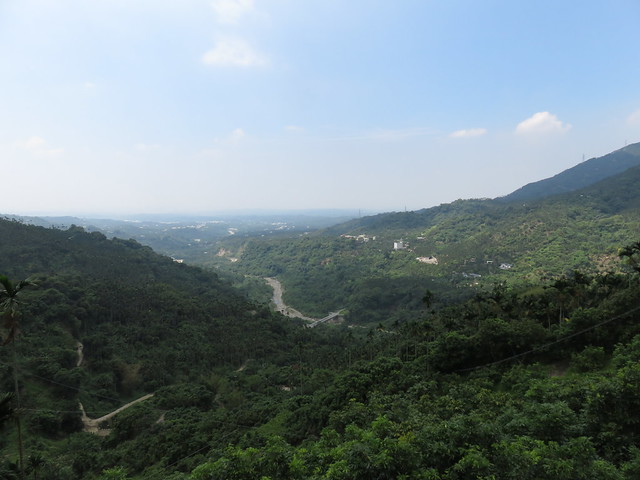 1. Conversation
1. Conversation
How old were you when you first learned to drive?
Was there anything difficult about learning to drive?
Can you drive a car?
Do you have a car?
If so, what kind of car do you have?
Which do you like best, a manual or automatic shift car?
What are the advantages of owning a car?
What are the disadvantages of owning a car?
Are you a good driver?
Have you ever been in a car accident?
Have you ever been pulled over by the police?
What happened?
Have you ever driven a car in a foreign country?
If yes, which side of the road did they drive on?
Were the road signs different?
Are the drivers in your area where you live good drivers?
Do you know anything about repairing or maintaining a car?
What do you know how to do?
Where did you learn how to do this?
Do you enjoy repairing cars?
What are some things you do to maintain your car?
Do you prefer driving or riding public transportation?
What kind of car do you prefer?
Do you like drive at night?
Do you think cars should be banned from city centers? Why?
What side of the road do you drive in your country?
Is drunk driving a problem in your country?
What kind of laws does your country have about drunk driving?
What is the penalty for drunk driving in your country?
Do you know anyone who has been in an accident related to drunk driving?
Is jaywalking legal in your country?
Do people often jaywalk in your country?
Who taught you to drive?
How long did it take you to learn to drive?
What is the longest trip you have ever taken by car?
Has your car ever broken down and made you wait by the side of the road?
Who helped you?
What are the speed limits in your country?
On what occasions do you honk your car horn?
Do you swear at other drivers?
Is it acceptable to honk in your country
At what age can you get a license in your country?
Do you think the age for driving should be raised or lowered?
Do you think driving lessons should be provided by high schools?
Should new drivers have a period of accompanied driving?
Do you have a GPS (Global Positioning System) in your car?
Do you get lost easily?
What are the advantages and disadvantages of having a GPS?
Does the type of car a person drives tell us about the person who drives it?
What can we tell or imagine about a person by looking at the car they drive?
What are the laws about seat belts in your country?
How are they different to this country?
What is the price of gasoline in your country?
Do you allow passengers to eat inside your car?
What are the advantages/disadvantages of buying a second-hand car?
Do you wash your car yourself or do you have it washed?
Do you think that there is a relation between global warming and cars?
Have you ever seen a "hybrid" car?
What do you know about "hybrid" cars? Do you own one?
Will you buy a self-driving car?
How soon will Taiwan have all-electric car environment?
How often do you need to get your car repaired?
On what occasions do you honk your car horn?
Is it acceptable to honk in your country?
Do you like to drive or be driven?
Is it common for traffic cops to accept bribes?
How are the traffic laws in your country?
Are they strict or lax?
Do most people follow the rules of the road?
Is it easy to find parking?
Is parking expensive?
What should be done in order to prevent traffic congestion in your city?
Is there any kind of rules to avoid traffic congestions?
How do you feel about spending time in your car during rush hour?
Is car theft a big problem in your country?
Have you had your car stolen?
Have you had your radio stolen?
Is road side assistance common in your country?
Can you change a flat tire?
Do you know anything about fixing a car?
Who taught you to drive?
Was it pleasant or unpleasant?
Can you recall any memorable car drive in your life? What’s the longest car trip you’ve taken?
According to insurance statistics women are better drivers than men.
Do you agree?
What do you think of car pooling?
2. Speeches
Wednesday:
10-12 B0744139, 146, 145, 218 -- again 221, 248, 229
3-5: B0743041, 014, 037, 027
Friday:
8-10: B04211129, B0721215, B0721213, B0721208
10-12: B0704111, 139, 134, 115
3. Reading
++++++++++++++++++++++++++++++++++++++++
READING
Questions. Do them with your partner on a piece of paper. 15 points.
1. This is a story about the origin of ketchup. In the 17th and 18th centuries, English ketchups were trying to capture the flavor of what Asian food? Where did people usually make them? What fish was usually used in the recipes?
2. Why did soy pastes and sauces replace fish and meat pastes in most of China?
3. According to the writer, how did fish sauces come to south China?
4. What did the modern Mandarin word for "salmon" originally mean?
5. What language and words does the English word for "ketchup" come from?
6. When did ketchup get tomatoes and sugar added?
7. Look at the map of the two zones, fermented soy and fermented fish sauces. Using your knowledge of Taiwan history, what peoples lived in the fish sauce area before the modern age, trading with each other with their relatives on Taiwan?
ORIGINAL LINK
http://languageoffood.blogspot.tw/2009/09/ketchup.html
....
I want to talk about an immigrant from Fujian: ketchup.
I know what you're thinking; ketchup is a sauce made from tomatoes, so how can it come from China, whose cuisine makes little use of tomatoes?
Take a look at the following ketchup pictures:
Why is ketchup called "tomato ketchup" (or "tomato catsup"; I'll talk about with the spelling issue later).
The answer is, of course, that ketchup used to be made with something other than tomatoes. The recipe for ketchup has changed quite dramatically over time; tomatoes were only added to the recipe around 1800, and sugar even later, well after the Civil War.
Where modern ketchup is a very thick sweet and sour thick sauce of tomatoes, ketchup from about 1750-1850 mainly meant a thin dark sauce made of fermented walnuts or sometimes fermented mushrooms. Mushroom ketchup is still produced by old-fashioned grocers; here's a bottle:
In the 18th century, of course, ketchup was made at home, and we still have many of the home recipes. But walnut or mushroom aren't the original ingredients of ketchup either.
As Samuel Johnson tells us in his great Dictionary in 1755, English mushroom ketchups were just an attempt to imitate the taste of an earlier original sauce that came from Asia.
What was this Asian sauce? It's clear from the earliest English recipes that the original ketchup was fish sauce, the stinky cooking sauce called nuoc mam in Vietnam, nam pla in Thailand, patis in the Philippines, and made from salting and fermenting anchovies. An English recipe in 1736 calls for boiling down "2 quarts of strong stale beer and half a pound of anchovies", and then letting it ferment. And here's a full early recipe for ketchup from Eliza Smith's cookbook, the book mentioned in my essay on 'entrée'. Smith's cookbook, The Compleat Housewife: or, Accomplished Gentlewoman's Companion, was a very popular English cookbook, first published in 1727, and in the 1742 edition the first cookbook to be published in the American colonies.
How did fish sauce get a Fujianese name?
Fermented food products have a long tradition in Asia. The first fermented condiments were thick pastes made of fermented meat or fish used as a flavoring for dishes like roast young pig. We know this because the Chinese have a long habit of celebrating their food products in their poetry, and fermented sauces appear in poetry dating from before 300 BC. The following legend about the origins of fish paste come from the "Important Arts for the People's Welfare" (齐民要术 Qimin Yaoshu), written 544 CE.
When the Han emperor Wu-ti (-140 to -88) chased the I barbarians to the sea shore, he smelled a potent, delicious aroma, but could not see where it came from. He sent an emissary to investigate. A fisherman revealed that the source was a ditch in which was piled layer upon layer of fish entrails. The covering of earth could not prevent the aroma from escaping. The emperor tasted a sample of the product and was pleased with the flavour. This sauce then became known as Chu I to commemorate the fact that it was obtained while chasing the I barbarian. It is simply a fermented paste made from fish entrails. To make chu i: take the intestine, stomach, and bladder of the yellow fish, shark and mullet, and wash them well. Mix them with a moderate amount of salt and place them in a jar. Seal tightly and incubate in the sun. It will be ready in twenty days in summer, fifty days in spring or fall and a hundred days in winter.
from H. T. Huang. Fermentations and Food Science, the superb Volume 5 of Needham's Science and Civilization in China, page 382-3.
The methods used to ferment fish pastes were soon applied to ferment vegetable products like beans, and indeed fermented soy beans and soy bean pastes (from which soy sauce developed) were a major trade commodity throughout the Chinese empire by the late Han Dynasty (i.e. by 50 BCE or 100 BCE). As Chinese culinary historians Naomichi Ishige and H. T. Huang show, over the next millenium the popularity of fermented fish and meat products drastically declined in China while fermented soy bean products became more and more popular, probably because soy products were cheaper to make, easier to transport, and allowed for a wider variety of possible tastes. Certainly by the Qing Dynasty (the 17th century) soy sauce and bean pastes were the standard seasonings in China, leaving fish pastes as a minor product only used in some regions.
In southeast Asia, on the other hand, especially along the Mekong river, the development of fermented fish products was much more central to the cuisine and fermented bean products never became popular. Fish sauces like nuoc mam were probably developed indigenously here and remain today the most popular condiments. Food scholar Naomichi Ishige shows that east Asia is roughly divided into two large condiment regions, separated by a bean/fish line, with southeast Asia mainly using fermented fish and northeast Asia mainly using fermented beans:
Thus in general, fish sauce either never really developed in China, or more likely died out, and is no longer mentioned in food histories and dictionaries by the Ming dynasty. Nonetheless, in modern times fish sauce is manufactured and eaten in China. The regions where it is eaten can be seen in the next figure from Naomichi Ishige, showing regions of east Asia where fish sauce is endemic:
As Ishige's figure shows, fish sauce is eaten inside China along the southeast coast, in Guangdong (Canton) and Fujian provinces, and seems to have been there for hundreds of years. Indeed, anthropologist E. N. Anderson notes that in Fuzhou, fish sauce is more common than soy sauce. On the right is a bottle of modern Chinese fish sauce from Chaozhou, the Southern Min speaking region in Guangdong (Canton) province:
Since indigenous Chinese use of fish sauce had died out by this time, Huang and Ishige argue that during the 17th and 18th centuries fish sauce entered China by migration, carried by Chinese sea traders from Vietnam or Cambodia up the southeastern coast of China, into Canton and Fujian provinces and the cities of Guanggong (Canton), Chaozhou (Teochew), Xiamen (Amoy) and Fuzhou.
What was this fish sauce called? In modern Chinese, in Mandarin, it's often called yu lu 鱼露 ('fish dew'), as in the bottle of Chaozhou fish sauce above. But yu lu is a modern name, and these Chinese sailors, traders, and settlers weren't speaking modern Mandarin. Many of them were speakers of Southern Min, a Chinese language of 46 million speakers, spoken in both Fujian and Guangdong provinces as well as in Taiwan and throughout Southeast Asia (and whose variants and subdialects are called Hokkien, Taiwanese, Teochiu, and Amoy dialect, among other names).
So what was this fish sauce called in the Southern Min dialect in the 18th century? It turns out it was called something like "ke-tchup", "ge-tchup", or "kue-chiap", depending on the dialect. Here's the entry for kôe-chiap 鲑汁 from a Southern Min to English dictionary compiled by missionaries in 1873, that gives pronunciations in various Southern Min subdialects.
The word is pronounced kôe-chiap in Quanzhou (listed above as Cn.) and kê-chiap in Zhangzhou (listed above as C.), two large Hokkien-speaking cities near Xiamen (Amoy) in Fujian province. Those of you who speak Southern Min or Cantonese languages will recognize the last syllable of the word, chiap or tchup, as the word for 'sauce', written 汁 and pronounced zhi in Mandarin.
A modern (1982) dictionary, Mandarin to Southern-Min, confirms our evidence from the missionary dictionary, telling us that the first syllable 鲑 is an archaic word, pronounced "gué" in spoken Southern Min, and meaning a preserved fish. Over the years this character has changed its meaning and in modern times often means 'salmon' .
So ketchup, written 鲑汁, is an archaic word for "fish sauce" in the Zhangzhou region of the Hokkien dialect of Southern Min Chinese.
VOCABULARY
cuisine
migration
ferment
commodity
decline
condiment
4. Homework: pp 5-16 in textbook. Week 5 vocabulary test will include new words from this unit and ketchup questions


